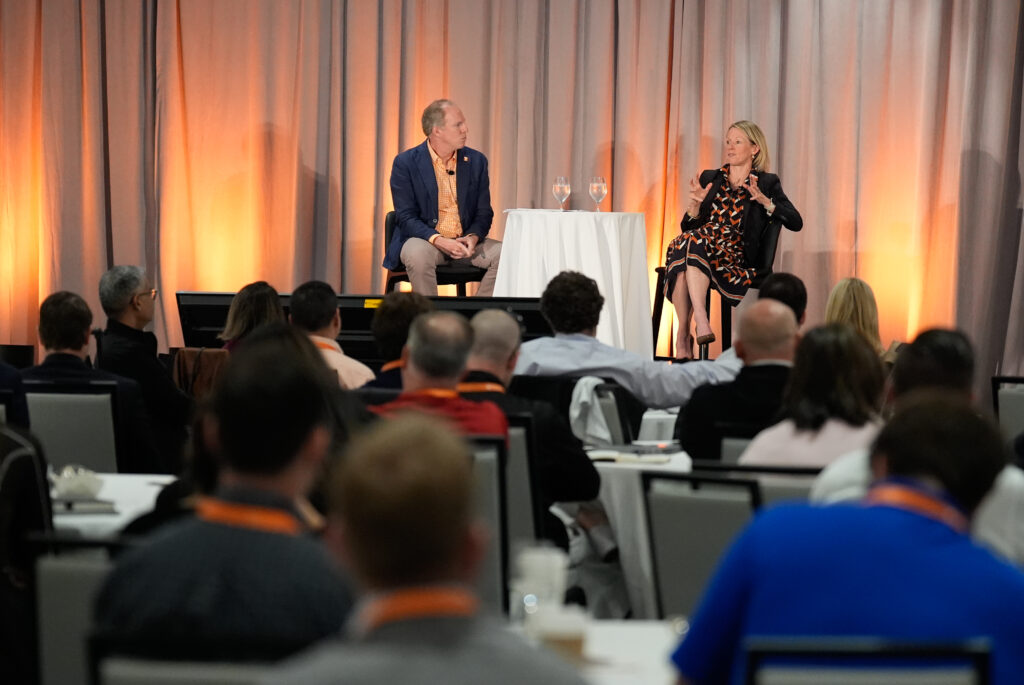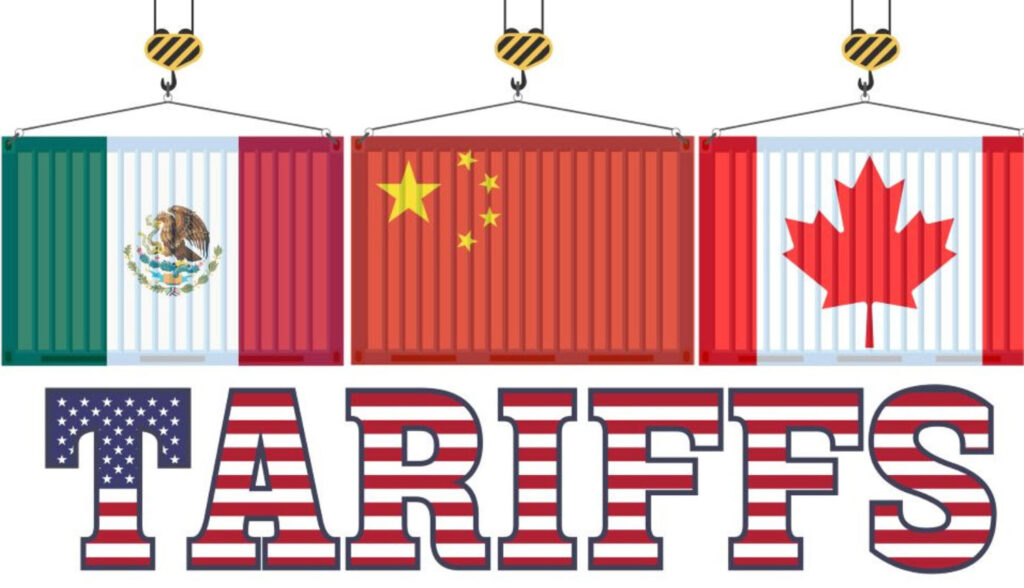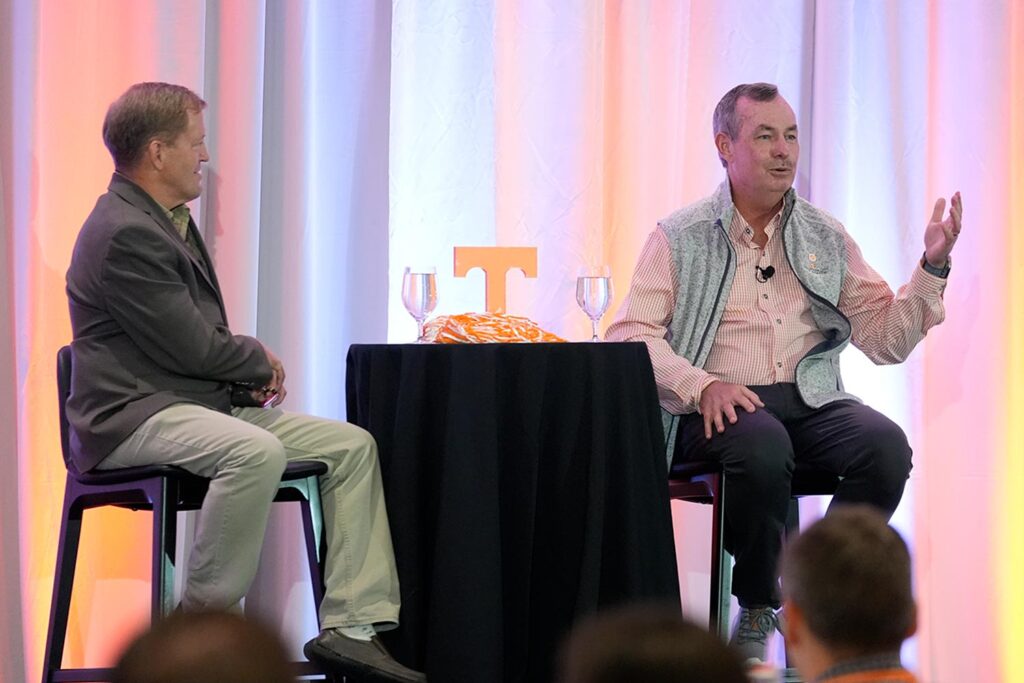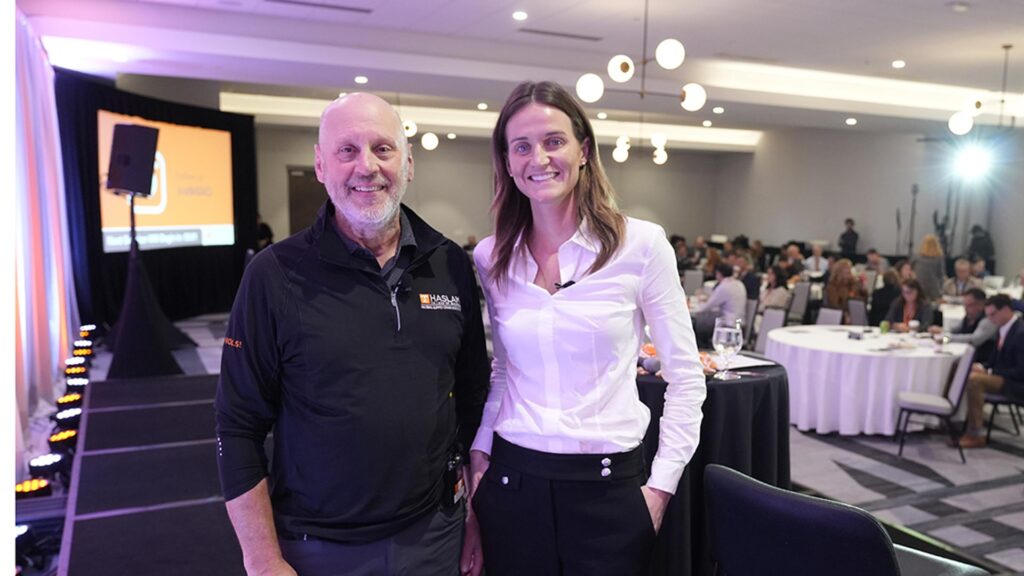Supply Chain Executives

Analyzing Today’s Procurement Landscape
Despite a rapidly changing business environment, procurement teams are locked in organizational silos, struggling to demonstrate their potential to add value. In this series, Dan Pellathy explores how procurement can be transformed to guarantee future business success.

Economics Expert Marianne Wanamaker Talks Tariffs, Labor at UT Supply Chain Forum
An authority on economic policy, labor markets, and workforce development, Marianne Wanamaker served as the chief domestic economist and senior labor economist on the White House Council of Economic Advisers during the first Trump administration. At the Spring 2025 Supply Chain Forum, she provided a rare, behind-the-scenes glimpse into economic policymaking at the highest levels of U.S. government.

UT Alums Share Successful Onboarding Experiences at Supply Chain Forum
With graduates from UT's supply chain management programs in high demand, companies must do what they need to attract and retain these talented professionals. Fittingly, a panel of recent graduates at partner companies Clayton Homes, Kimberly-Clark, Procter & Gamble, and ExxonMobil, joined Cole Burns for an in-depth discussion about onboarding young alumni at the Spring 2025 Supply Chain Forum.

UT and IAMPE Enter into Agreement to Benefit Supply Chain Management Education
The International Association of Maritime Port Executives will offer professional certifications to qualifying students in UT’s supply chain programs.

GSCI’s Tom Goldsby Weighs Effects of a Trade War on Supply Chains
A new challenge for global supply chains has emerged with the recent election of President Donald Trump, who has made tariffs on imported goods a central focus of his second administration. An expert with the Global Supply Chain Institute shares his perspective on the potential affects.

Refocusing on Talent as North American Labor Faces Generational Transition
Today's businesses face an existential challenge to supply chain success. The talent challenge—from recruitment to retention—is exacerbated by changing generational perspectives on work as Baby Boomers retire and are replaced by Gen X, Millennial, and Gen Y leaders and employees.

Beyond Supply Chain with Dollywood President Eugene Naughton
In one of our favorite recurring sessions at the forum, UT professor John Bell sat down for a wide-ranging conversation with one of the region’s most visible leaders, Eugene Naughton, president of The Dollywood Company.

Planning for Global Success with Schneider Electric’s Jen Kelly
The opening session at the forum featured Jennifer “Jen” Kelly, vice president of planning for Schneider Electric (SE) in North America. A global powerhouse in electrification, digitization and automation, SE is at the forefront of innovating the planning process to improve supply chain performance. It was ranked in 2023 and 2024 as the world’s leading supply chain organization.

Understanding Organized Labor’s Impact on Our Supply Chain
With the reopening of the East Coast ports, the United States avoided another potential disruption to its supply chain. J.P. Morgan estimated that each day the ports were closed cost the US economy approximately $4 billion—a roughly $12 billion impact after three days of strikes. Yet the threat of a potentially longer strike isn’t over, only delayed until at least January 15, 2025.

The EPIC Framework: A Tool for Supply Chain Managers in an Age of Global Disruptions
While supply chain managers have been attuned to potential disruptions for decades, the COVID-19 pandemic highlighted the importance of managing risks through the end-to-end supply chain. The scale of the pandemic was so grand that it impacted all areas of supply chains across industries and around the globe. The University of Tennessee's EPIC Framework helps global supply chain managers assess their supply chain location decisions, identifying the strengths, weaknesses, opportunities, and threats of the different world regions.